Is Freezing Your Eggs Right For You?
Share the post
Share this link via
Or copy link
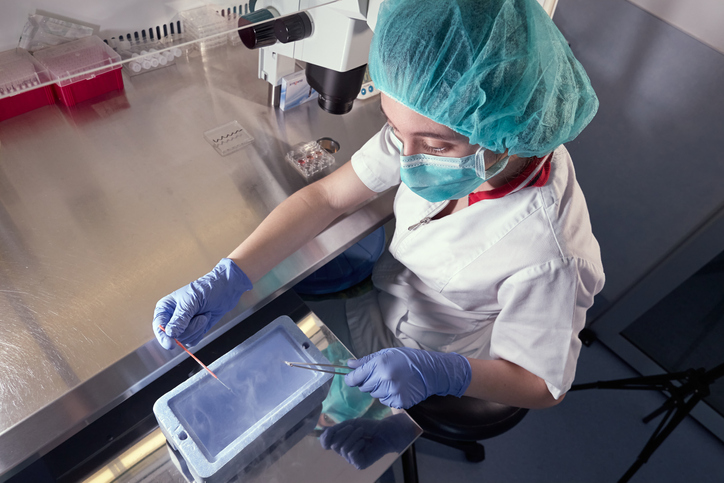
Source: Antonio Marquez lanza / Getty
Many things have changed about society in the last few decades, like the fact that more moms are choosing to work rather than stay home or the fact that some women are waiting later in life to have children. These are potentially good changes, as research has found that children who have working moms grow up to be happier than those with stay-at-home moms. Additional research has shown that having kids later in life might help women live longer. Society is coming around to the idea that life can and should be a build-your-own-adventure experience, and there is no one right way to do things. But one thing that we can’t change is a woman’s fertility – particularly the years when a woman is most likely to produce healthy babies.
The CDC reports that more women are having babies between the ages of 35 and 39. While that might be when their finances and relationships are finally where those moms want them to be in order to provide a stable home, it does increase the risk of pregnancy complications, and birth defects. That’s where the beauty of freezing eggs comes in: you can do things on your timeline, rather than nature’s. But it’s not a casual or budget-friendly procedure. Here are things to consider to help you decide if freezing your eggs is right for you.

Source: athima tongloom / Getty
The finances
It’s important that you’re certain you will be able to fund this entire process, from start to finish, before even beginning. That means not just paying for your egg freezing, but also the storage of the eggs, and later, in vitro fertilization (IVF) when you decide to become pregnant. One cycle of egg freezing may cost up to $20,000. Storage of your frozen eggs might be over $1,000 a year. And when you’re ready, IVF can cost you somewhere in the range of $40,000 to $60,000. That last part can come as a shock, since many individuals figure out how to fund the egg freezing without knowing how they’ll fund IVF later. It’s best not to do the first step unless you’re sure you can eventually fund the second. Insurance doesn’t cover egg freezing and IVF in all states, and where it does, you must qualify. You’ll have to prove you’ve been trying, in a timely manner (i.e. tracking ovulation) for a certain amount of time, by a certain age (speak to your insurance provider for specifics) or have a condition that makes a safe pregnancy difficult or impossible for you.

Source: Joos Mind / Getty
The best ages to freeze your eggs
Love MadameNoire? Get more! Join the MadameNoire Newsletter
We care about your data. See our privacy policy.
It is recommended that women freeze their eggs between the ages of 20 and 30, and no older than 38. So take into consideration your current age, and discuss with your doctor whether or not this will be a successful process, based on your age. Before the age of 38, an estimated 75 percent of retrieved frozen eggs will be healthy. So, freezing 10 might result in around seven usable, thawed eggs. After the age of 38, the chances that usable eggs are retrieved drop significantly, but the cost of this process remains the same, so it’s important the timing is right. You can have your hormones tested to get a sense of your egg health before beginning the process.
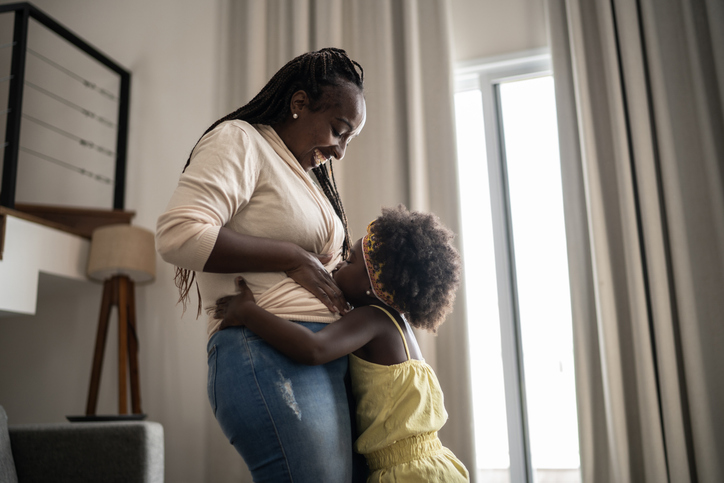
Source: FG Trade / Getty
What if you have a kid earlier?
Some younger women hesitate to freeze their eggs because they are undecided on whether or not they will have kids, the “natural” way, at a young age. One point to consider is this: you may have one child without the use of egg freezing or IVF at an age when carrying out a healthy pregnancy is feasible. However, if you want to provide that first child a sibling, by the time you’re ready to have that second child, you may beyond the age when becoming pregnant the “natural” way is easy or safe. At that point, you might be glad you had frozen eggs so you can go through the process of IVF to have your second child.
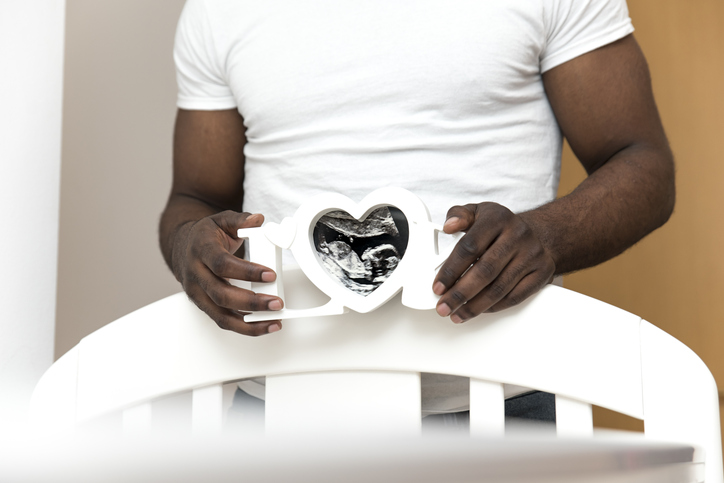
Source: ti-ja / Getty
Perfect eggs doesn’t = perfect pregnancy
The cutoff age for IVF was recently increased from 39 to 42 – which some members of the medical community think may have some unintended consequences. One of those might be the ease of the actual pregnancy. You might freeze your eggs when you’re young, and have very healthy eggs, but doing IVF later in life still means growing an embryo in the uterus that has aged since that time. In other words, having perfectly healthy eggs does not guarantee a perfectly easy pregnancy. Carrying a baby to term does become riskier the older you become, regardless of at what age the eggs were frozen.
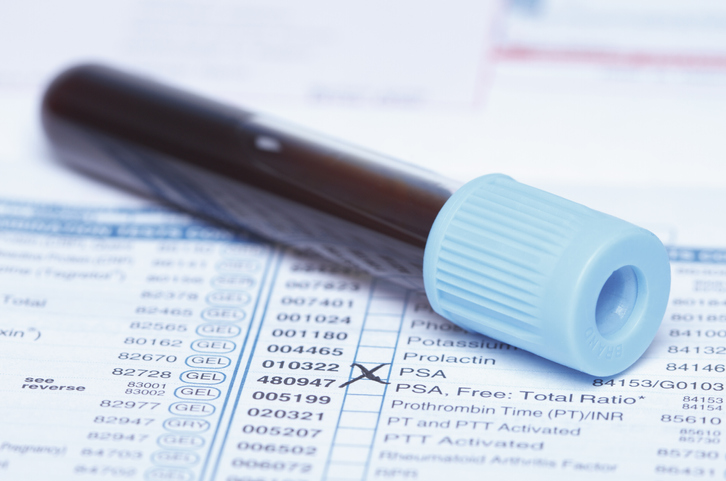
Source: GIPhotoStock / Getty
Are there genetic diseases in your family?
Women who conceive the natural way tend to have tests run once they’re already pregnant to determine whether or not the embryo carries genetically inherited diseases. Discovering that this is true, once already pregnant, and that the embryo has a condition that will make their life incredibly difficult leads to a heartbreaking and impossible decision for pregnant women about what to do next. One of the benefits of egg freezing is that your eggs can be tested for genetically inherited diseases before you even become pregnant, so you can make the decision of whether or not to go through with pregnancy in advance.
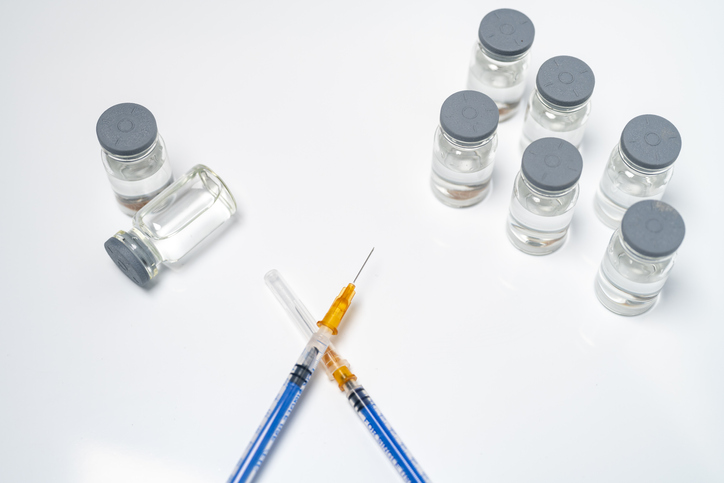
Source: Wang Yukun / Getty
Can you commit to the process?
Your doctor will explain this to you in your consultation, but it’s worth noting even before booking that consultation: egg freezing is time-intensive, and requires many steps. It even requires work from you. There will be bloodwork, a hormone test to check the health of your eggs, an ultrasound, hormone injections to stimulate follicle growth (one to three a day that you must give yourself), medicine to prevent early ovulation, egg retrieval…all of this will require that you are incredibly on top of your homework, or it’s all for nothing, and it will take between five and seven doctor’s visits.

Source: kate_sept2004 / Getty
Egg freezing is a blessing under these circumstances
There are some women for whom egg freezing gives them the possibility of motherhood one day when unfortunate events have put that at risk. For example, women who must go through radiation or chemotherapy at a young age due to cancer may choose to freeze their eggs in advance, as these processes can destroy fertility. Some women must undergo surgeries that will damage their ovaries, and may choose to freeze eggs in advance and use a surrogate later. Women who must undergo a hysterectomy at a young age may first freeze their eggs and use a surrogate at a later date.
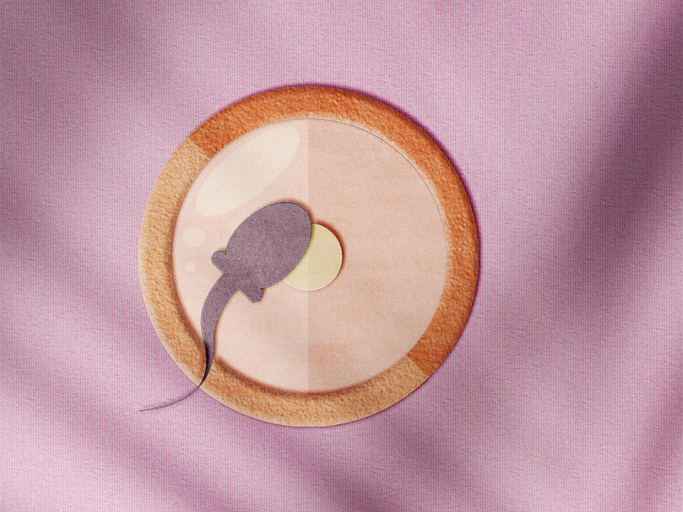
Source: Carol Yepes / Getty
Embryos vs eggs
If you already have a cis-gender male who would like to provide sperm for your eggs and you’d like to decide now who the father will be, you might be freezing embryos instead of eggs. Eggs are unfertilized, and embryos are fertilized. Couples who want to have kids later, but together, might choose to do this, as do some single mothers with a specific sperm donor in mind. If you are unsure about who will provide the sperm or do not want to fertilize your eggs now, you’ll just freeze your eggs. This is a question your doctor will ask you, and worth thinking about in advance of your procedure.







